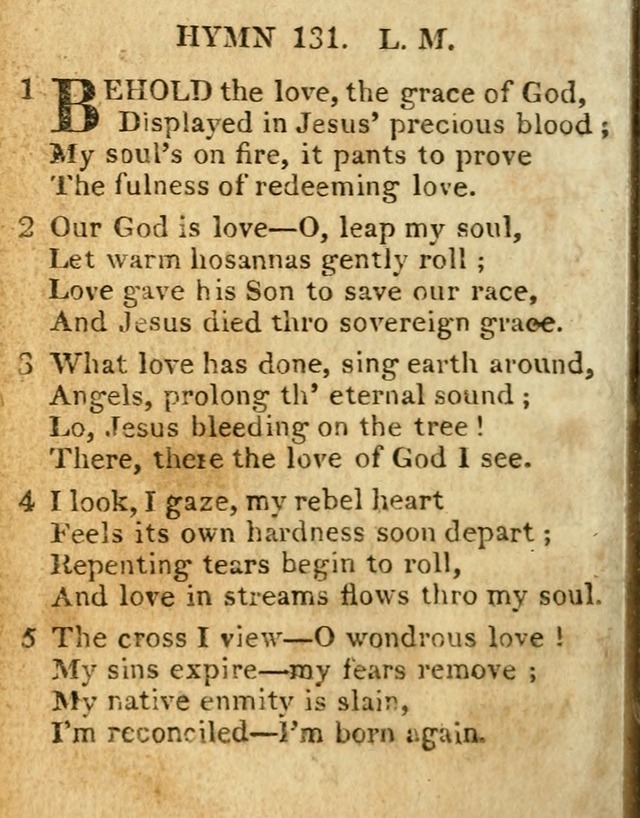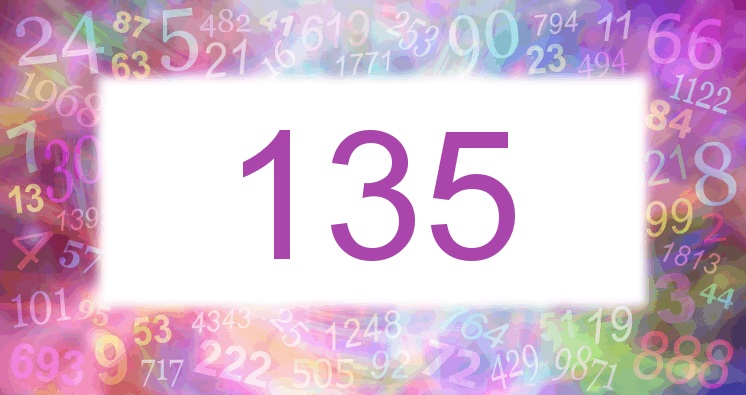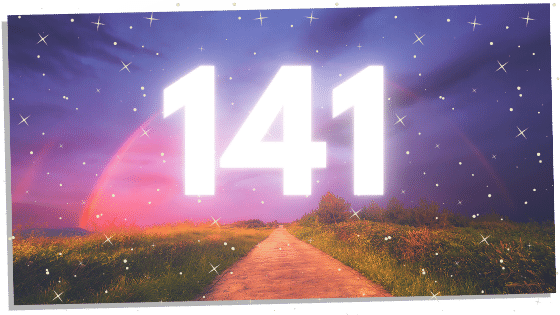As I was planning Easter services, I stumbled across a hymn text by Barton W. Stone called “Behold the Love, the Grace of God.” Stone is better known for his part in the Stone-Campbell Movement (also called the “Restoration Movement”) which is the precursor to modern denominations such as the Disciples of Christ. What struck me about this hymn text, seemingly the only one Barton wrote, is how effusive it is: “My soul’s on fire, it pants to prove the fullness of redeeming love.”
As I sat at the piano with the text, it suggested a rich, warm gospel ballad. The song has all the harmonic twists and turns that you’d expect in a gospel song, but the biggest surprise is in the third line when it suddenly shifts from the key of Db to the key of E. It’s unexpected but feels completely natural. (Though it is really hard to go from 5 flats to 4 sharps!)
Though I decided to write new lyrics, I tried to retain the original text’s first-person awe and gratefulness for Jesus’ sacrifice. This would be a great song for communion or Good Friday. Think of it as a gospel sibling of “When I Survey the Wondrous Cross.”

1. Behold the love, the grace of God,
displayed in Jesus’ precious blood.
My tongue will tell, my soul will sing
of Jesus Christ’s redeeming love!
I see the cross on which my Lord
bore all my sin within his pain.
He conquered death to bring me life
and I am healed; I’m born again.
2. O love of God, there is no end!
Thre is no bottom to his grace.
My sinful heart can cling to hope
when I see Jesus’ suffering face.
For though my sin could fill the sea,
God’s tender love is deeper yet.
He sent his Son to die for me,
to pay this grateful sinner’s debt.









